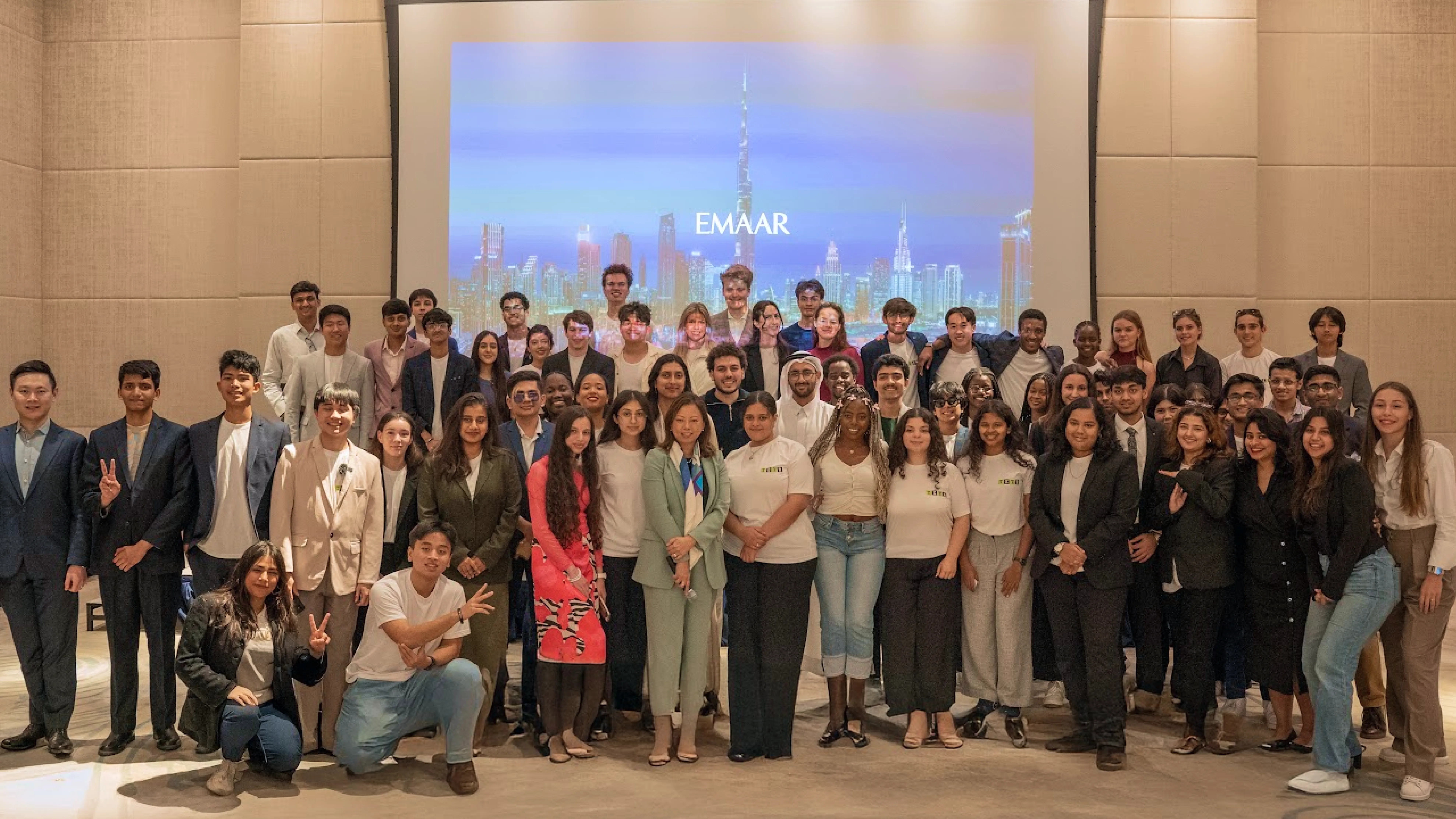Round 2 Deadline: 16th March 2026
Apply Now





Table of Contents
How Tetr students master cross border business skills through international market immersion programs. Our 7-country curriculum develops cultural sensitivity for global business success.
In the current global landscape, developing an appreciation for different mindsets, opinions and practices is now more important than ever. For aspiring business leaders, understanding of the dynamics of international markets is an essential skill to thrive in a global economy. Developing cultural sensitivity in business has become crucial for success globally. At Tetr, our unique 7-country business-building curriculum allows students to experience international market immersion firsthand, allowing them to engage directly with cultural, economic, and regulatory nuances.
Navigating a new market can come with several hurdles, where differences can lead to tension, misunderstandings or a breakdown of mutual respect. These challenges are easily overcome through the development of cross border business skills and an appreciation for global perspectives.
Cultural sensitivity in business, or the ability to adapt to diverse cultural, racial and ethnic environments is most effectively developed through global interactions and immersive community engagement. Cultural sensitivity in business supports effective communication, reduces the risk of misunderstandings, and demonstrates an appreciation for different perspectives.
Understanding cultural differences allows aspiring entrepreneurs to build stronger relationships with clients, customers, and other stakeholders across the globe. Mastering cross border business skills allows them to build an honourable reputation, positioning them as adaptable, empathetic and competent global leaders.
Experience with international market immersion allows entrepreneurs to make better decisions, prioritise inclusivity in their innovations and expand their ventures across borders. Focused cultural sensitivity in business training equips future leaders with essential competitive advantages.
Tetr's hands-on approach to learning about international markets ensures that students are well equipped with the skills to make a meaningful impact in the global business arena, and embrace the spirit of empathy and inclusivity in their business ventures. The design of the instructional framework ensures that every lesson imparted has significant real world applications.
The program ensures a truly global learning journey, where students have the opportunity to put their education into practice across seven countries, thereby witnessing the mechanisms of 7 dynamic economies.
Our comprehensive international market immersion involves a range of unique experiences, such as visiting SpaceX's headquarters, and delving into African economics at the Ghana International Trade Fair. Students developing cross border business skills are also given the chance to learn from and engage with some of the greatest minds of the business world, including global CXOs and Ivy League professors.

The students at Tetr gain practical experience in navigating international markets, backed by the support and guidance of industry experts. Equipped with a deep understanding of conducting cross-cultural business, they will be able to lead with empathy, inclusivity and make a meaningful impact as global entrepreneurs.
Through structured international market immersion, participants gain valuable cultural sensitivity in business necessary for professional growth. Advanced cross border business skills prepare graduates to excel in multinational environments.
1. How does cultural sensitivity in business impact global expansion success?
Cultural sensitivity in business directly affects companies' ability to establish authentic relationships in foreign markets. Organizations implementing cultural sensitivity in business practices avoid costly miscommunications, develop appropriate localization strategies, and build lasting partnerships founded on mutual respect. This sensitivity creates trust with local stakeholders essential for sustainable market entry.
2. What core cross border business skills are essential for today's global leaders?
Essential cross border business skills include international negotiation techniques, global regulatory knowledge, and adaptable communication styles. Effective leaders with strong cross border business skills also understand international finance principles, supply chain management across borders, and demonstrate flexibility when approaching diverse business environments and practices.
3. How does international market immersion accelerate business learning?
International market immersion provides experiential knowledge impossible to gain through theoretical study alone. Through international market immersion programs, participants develop intuitive understanding of cultural nuances, build authentic global networks, and gain confidence navigating unfamiliar business environments. This hands-on experience creates deeper learning retention and practical capabilities.
4. What industries benefit most from cultural sensitivity in business training?
While all sectors benefit, technology, finance, hospitality, and consumer goods companies see substantial returns from cultural sensitivity in business training. Professional services firms whose success depends on relationship building also gain significant advantages through dedicated cultural sensitivity in business development programs that enhance client interactions across diverse markets.
5. How can companies measure the ROI of cross border business skills development?
Organizations can measure cross border business skills ROI through metrics including successful market entries, reduced international negotiation timeframes, and decreased cultural misunderstanding incidents. Additional indicators of effective cross border business skills include increased international client retention, successful cross-cultural team collaboration, and improved adaptability during global market fluctuations.